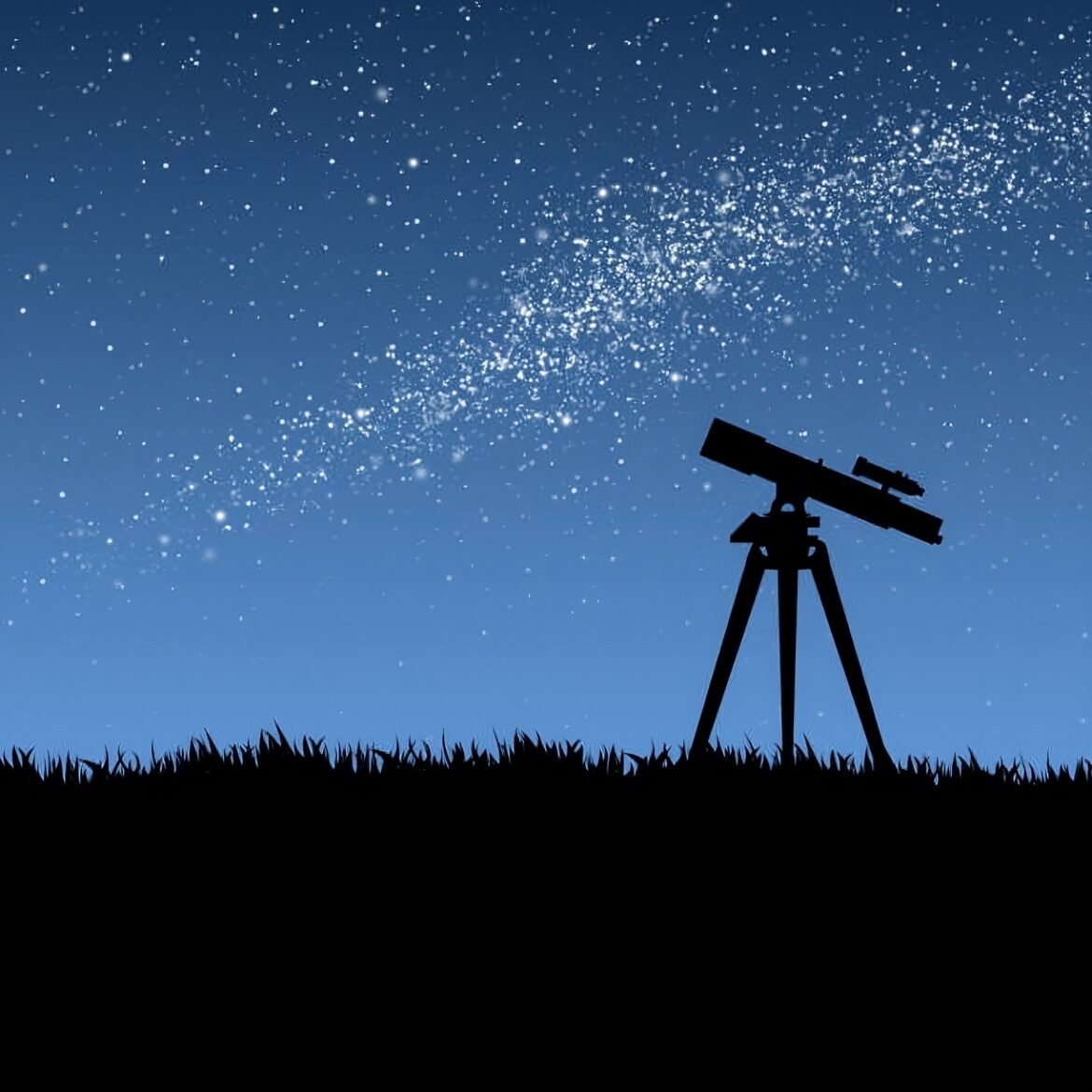There’s a timeless fascination with the night sky that has captivated humanity for millennia. From ancient myths woven around constellations to the modern marvels of space exploration, the cosmos spark a sense of wonder — and sometimes inspiration. This enchantment has found its way into one of the most personal expressions of identity: naming our children. Yet, while names like Orion and Luna have become increasingly popular, many parents shy away from choices that feel too “out there,” seeking something celestial but still approachable.
Why Choose Names Inspired by Astronomy?
Names connected to the sky and stars carry a unique allure; they evoke mystery, strength, and infinity. But more importantly, they are deeply symbolic. Whether a name reflects the light of a distant star or the vastness of space, it feels aspirational—conveying hope, curiosity, and dreams beyond this world.
For parents desiring a name that is meaningful without being eccentric, astronomy offers a treasure trove of options that walk a fine line: familiar yet fresh, grounded yet cosmic.
Celestial Names That Feel Just Right
Stars have guided travelers and dreamers alike. Some star names have crossed into everyday vocabulary making them comfortable choices:
- Stella — Latin for “star,” it’s elegant, simple, and timeless.
- Estelle — A French variant also meaning “star,” with a delicate sound.
- Lyra — A small, easily pronounced constellation name that’s graceful and evocative.
- Vega — Brightest star in the Lyra constellation, modern and uncommon without being obscure.
- Sirius — The brightest star in the night sky, strong with a noble feel, often shortened to “Sid.”
Each of these names relates to celestial bodies or star clusters but feels accessible to most readers and listeners, making them excellent choices for someone who wants a space-inspired name that fits in comfortably with a broader naming landscape.
Planet-Inspired Names with Subtle Charm
Planets offer a gentle entry point to cosmic naming. Unlike some myth-heavy or technical astronomical terms, most planet names feel familiar from school and pop culture:
- Selene — The Greek goddess of the moon; poetic and not as common as Luna but equally evocative.
- Juno — Though a Roman goddess, “Juno” is also the name of an asteroid and a NASA space probe; a strong, elegant choice.
- Mercury — Traditionally a male name with a sleek, speedy connotation; suitable for modern baby naming.
- Terra — Latin for Earth, offering a grounded, nature-inspired twist on celestial naming.
- Neve — Inspired by Neptune, but soft and subtle, sounding fresh without cosmic heaviness.
Planet names often come with rich mythological stories, making them layered choices that combine history, literature, and natural wonder.
Constellation Names With Cultural Roots
Many constellations boast names with ancient origins or stories passed down through generations, yet some remain relatively approachable and attractive as baby names:
- Cassiopeia — A beautiful, myth-inspired name that can be shortened to “Cassie” to keep it casual.
- Andromeda — Romance and strength wrapped in a unique yet lyrical package. “Andi” or “Romy” make great nicknames.
- Orion — A powerful, mythologically rich name that’s seen a steady rise; familiar but still distinctive.
- Aries — Zodiac sign turned name, short and bold with a modern edge.
These constellation names usually carry mythological significance, offering depth that can spark a sense of wonder for the child’s identity.
Modern Trends and Tips for Choosing
When selecting astronomy-inspired names, it’s helpful to consider the balance between uniqueness and ease of use. Names that are too obscure or complex might end up nicknamed in uninspiring ways or constantly needing explanations.
Parents today often look for names that:
- Are easy to pronounce and spell
- Have positive or uplifting connotations
- Allow for flexible nicknames
- Fit well with surnames and middle names
Consider pairing a cosmic first name with a more traditional middle name to strike a harmonious balance.
Test the name by saying it aloud with the surname, and imagine calling it at a playground or quiet classroom to ensure it feels natural.
Frequently Asked Questions
Are astronomy-inspired names gender-specific?
Many names like Stella and Orion have been used primarily for girls or boys respectively, but modern naming trends are more fluid. Names like Lyra, Phoenix, or Juno work beautifully for any gender.
How popular are these names?
Some, like Orion and Luna, have surged in popularity, while others such as Vega or Andromeda remain rare and unique, allowing for more individuality.
Can these names feel too unusual?
It’s all about personal taste and cultural context. Pairing an astronomy-inspired first or middle name with a familiar counterpart can ease the transition and avoid unwanted attention.
Where can I find more inspiration?
Many baby naming resources, astronomy guides, and cultural mythologies offer rich sources. Exploring star charts and planet names can help you uncover options that resonate personally.
Finding the Perfect Name That’s Written in the Stars
Choosing a name inspired by astronomy doesn’t have to mean venturing into unpronounceable or overly whimsical territory. The sky offers a vast canvas of names that are both beautiful and meaningful, embodying the timeless bond between humanity and the cosmos.
As you navigate this stellar naming journey, remember that the best names carry stories and warmth — a quiet reminder of wonder that endures well beyond the stars themselves.
If you love the idea of thoughtful decision-making, check out other tips on lifestyle choices in our post about why simple morning habits can transform your mental health and daily energy. It’s amazing how small inspiration can ripple through your life — just like a name inspired by the stars.

